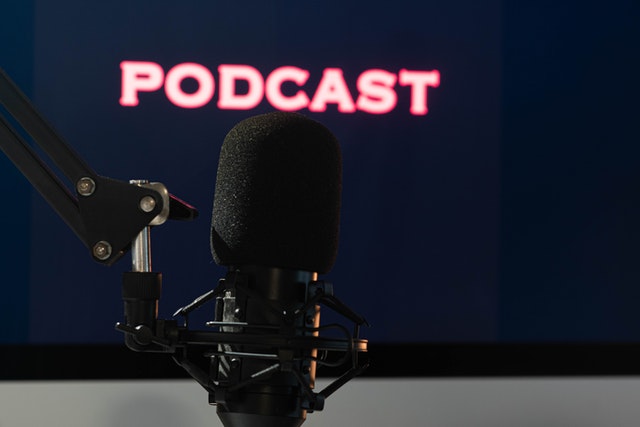The famous Huberman podcast by Andrew Huberman featured an insightful episode about the various facets of sleep and rest relating to performance, learning, and the nervous system.
The host, Dr. Andrew Huberman, explains why sleep is so crucial toward the end of the episode by noting how many biological functions depend on it. People experience many physical and mental health issues in the modern world. Still, many of these issues may disappear once the body receives the proper amount and type of sleep. Even many issues that don’t seem to be sleep-related are related to sleep.

The Circadian Rhythm: Why Is Sleep Important
The human body has an “internal clock” known as the circadian rhythm, which is the episode’s first central theme.
Your body should ideally “boot up” in the morning, maintain your activity level throughout the day, and then wind down at night to prepare you for sleep.
Every aspect of our body is impacted by this cycle, including hormones, digestion, and brain function. If this cycle is appropriately balanced, we are healthy, content, able to concentrate, etc. When the process is off, it causes havoc in many different aspects of our lives.
The lesson here is that sleeping is not like turning a switch on or off. We don’t just go into sleep mode for eight hours a day and stop there. Instead, sleep is a natural part of this cycle, and we should be able to enter and exit it without too much difficulty.
Read More: Signs That You Need To A Mental Health Day Asap.
The Hormones Factor: Release Your Hormones (At the Right Time)
Adenosine and cortisol are the two primary hormones involved in the sleep-wake cycle as mentioned by Huberman. These hormones should be released at the right time to balance the sleep-wake cycle.
The stress hormone cortisol is typically thought to peak in the morning to help jump-start our systems. Simply put, a brief cortisol spike in the morning is beneficial. Chronic stress is linked to elevated cortisol levels, which is not a good thing.
Adenosine is a neurotransmitter that promotes sleep. Adenosine is suppressed by coffee. It can temporarily cover up our need for sleep, but it has no impact on it. This is why a “sleep crash” can occur after consuming caffeine to stay awake.
Read More: Guided Sleep Meditation For You: Fall Asleep In 2 minutes.
The Sunlight Factor: The Power Of Light
Throughout the episode, Huberman focuses on the sunlight factor the most. Nothing is more crucial or effective for treating sleep issues and adequately adjusting your internal clock than the right kind of sunlight exposure.
Neurons in your eye that are incredibly responsive to low solar sunlight set your internal clock. That is the type of light you experience just after sunrise in the morning and just before sunset in the evening.
Being outside and experiencing low solar angle light in the morning helps your body properly “set the clock” for how it will share the waking phase of the sleep/wake cycle. Additionally, in the evening, low solar angle light helps your body begin the process of winding down so that you are prepared for sleep.
It’s important to note that exposure to direct sunlight is far more effective than viewing it through a window. But don’t be a fool and look straight at the sun. Just spend 5–15 minutes outside during the appropriate times of the day. For most people, this will already significantly alter their lives.
Issues With Artificial Lighting
We become more and more sensitive to light as the day wears on. In the modern world, this works against us because:
- We need a lot of light to wake up naturally in the morning and “set the clock,” as previously mentioned. The artificial light from screens and interior lighting is insufficient to accomplish the task, and
- Even a slight amount of light during the evening and night is excessive and throws off the circadian rhythm. Even staring at a dimmed screen is too much light exposure in the late hours.
Takeaway
The way we view light is hardwired into our system. Rays must enter the body for every human to maintain a circadian rhythm, which governs the wake-sleep cycle.
The following is the best method of action:
- As early in the day as you can, get some bright light in your eyes. Ideally, natural light from the sun; if not, use bright artificial light. Cortisol and melatonin will be released as a result of this.
- Go outside during the day and in the afternoon to increase wakefulness.
- In the evening and at night, stay away from bright overhead lights. Use soft lights that are low in your field of vision instead.
Your system will need a few days to reset and balance. Still, eventually, you shall start noticing the advantages in focus and sleep quality.
Now that you know how sleep can affect your mental health keep reading to learn about the effects of sleep deprivation on your mental health to learn more. Click here.
To build a supportive society and know more about mental health, subscribe to https://yourmentalhealthpal.com/.

